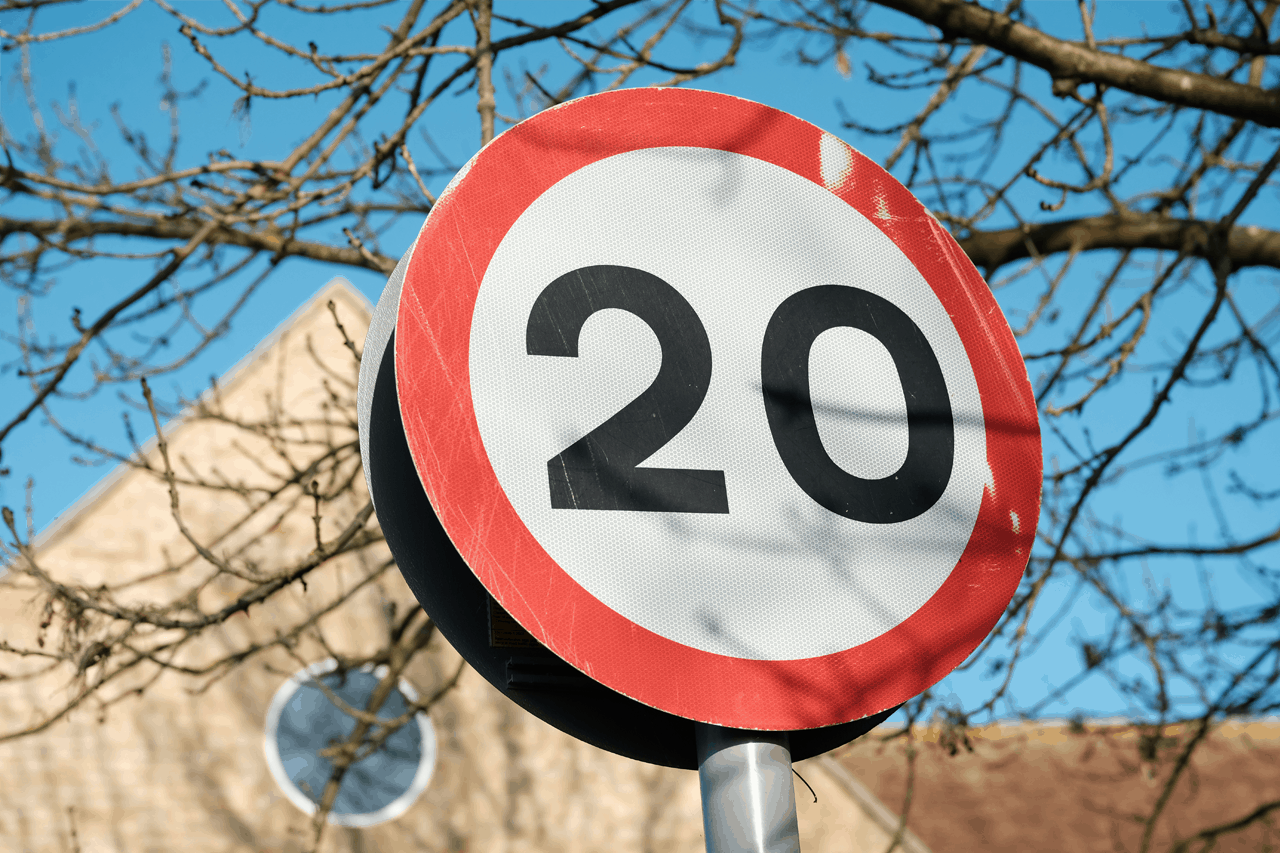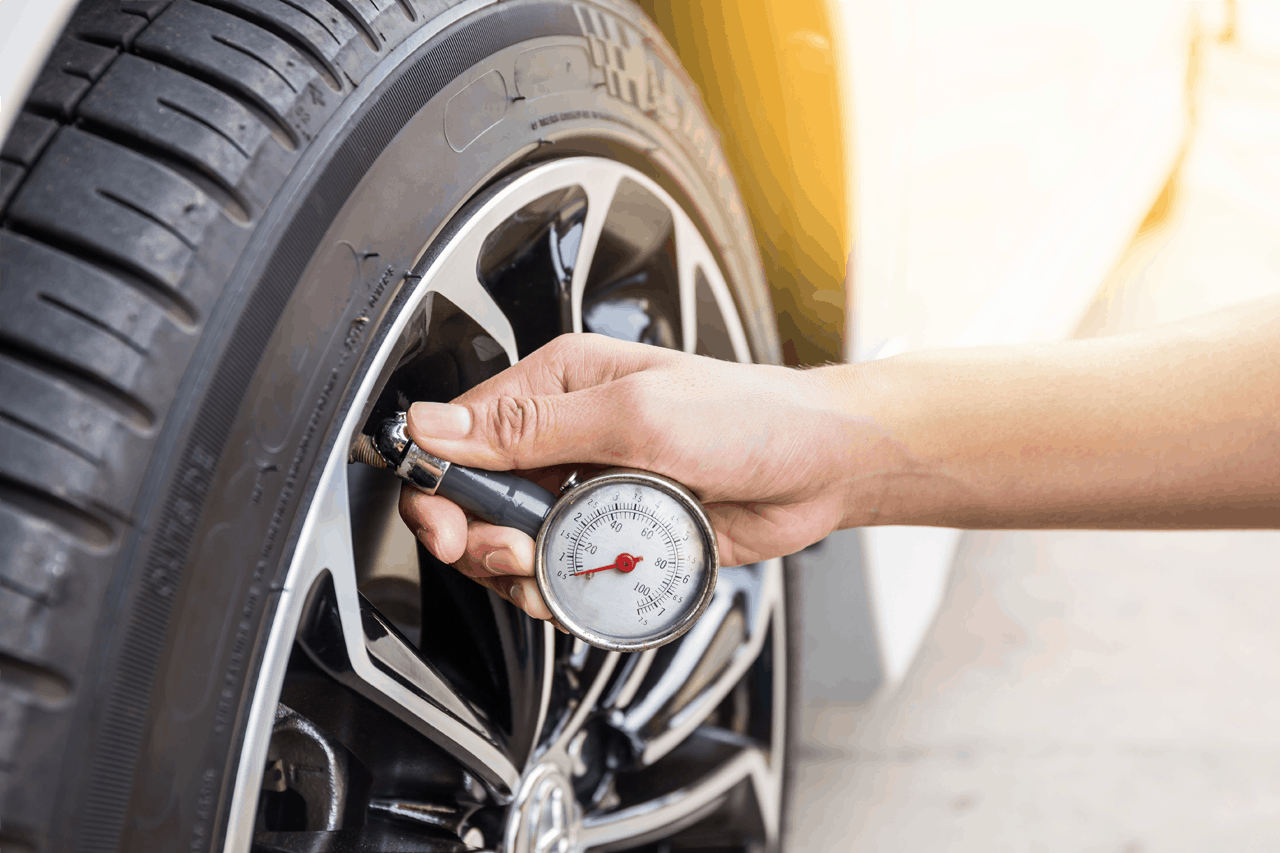A new campaign has launched in urban areas to decrease speed limit areas of 30mph to 20mph the day before the Easter weekend.
Leading medical practitioners are calling on the government to introduce an Emergency National Urban Limit to alleviate pressure on the NHS. Driving slower should result in fewer victims of collisions for the NHS to care for during this critical time.
Not-for-profit organisation 20’s Plenty for Us, formed to campaign for mandatory 20mph limits, has teamed up with several local communities to support Lower the Baseline, an initiative to increase awareness to ultimately reduce healthcare admissions.
To the Times, over one hundred doctors wrote, “..each month there are nearly 3,000 road traffic collision-related admissions to NHS hospitals in England alone. Lowering and enforcing speed limits would reduce the frequency and severity of road traffic collisions.”
In an article to help improve the NHS’s capacity, the BMJ published on 24th March: “First, we suggest an immediate reduction in motor vehicle speed limits. In England alone there are around 35 000 non-fatal admissions to hospital every year related to road traffic accidents; more than one in 10 of these are serious and likely to require intensive support, including anaesthesia and surgery. Evidence from around the world shows that lowering speed limits can lead to major reductions in injuries. In Canada, for example, lowering the speed limit from 40km/h to 30km/h was associated with a 28% decrease in pedestrian-motor vehicle collisions and a 67% decrease in major and fatal injuries.”
Further information about Lower the Baseline is in more detail here.
Fuel Card Services is an independent agent of fuel cards as well as fleet management tools, including tracking, discounted vehicle maintenance, mileage counting, and driver walk around check list.





